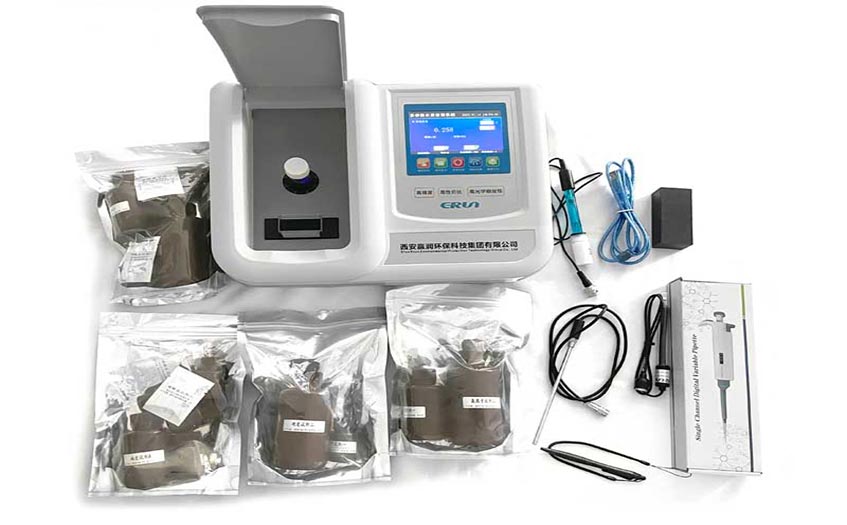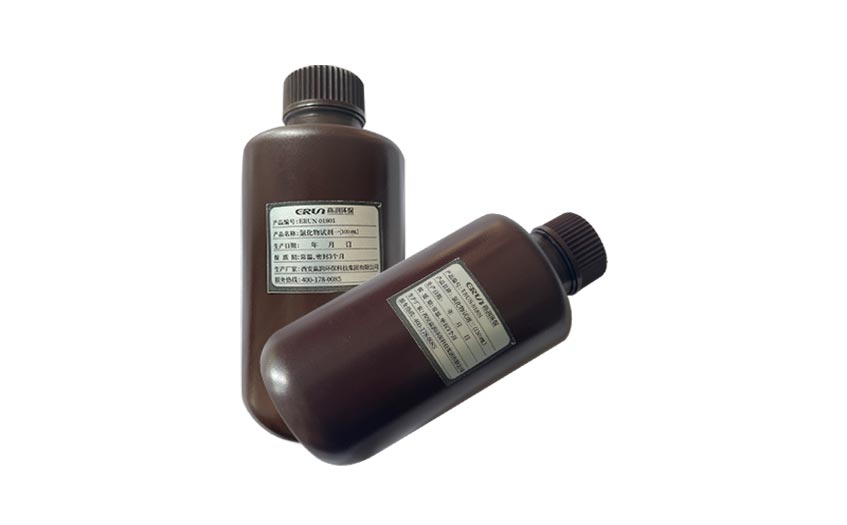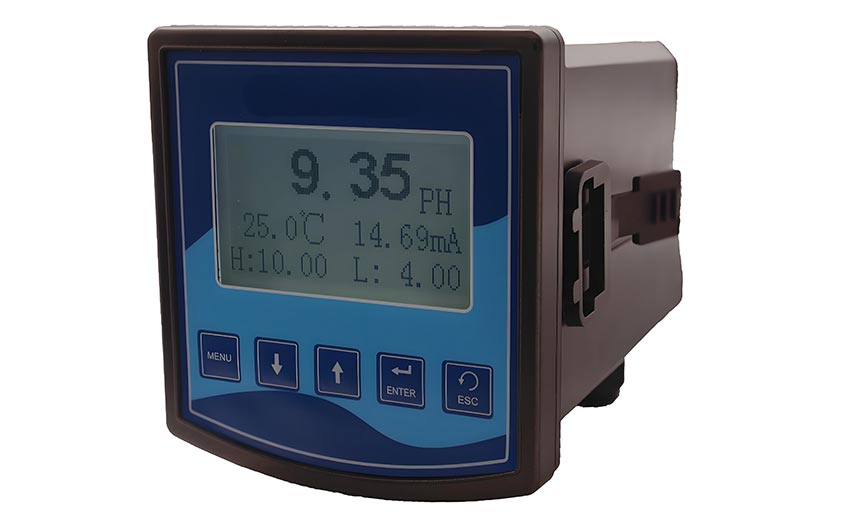In industrial production and daily life, boilers are common thermal energy equipment, and their safe operation is of vital importance. The control of boiler water quality is an important link to ensure the safe and efficient operation of the boiler, among which the monitoring of chloride ion content is an aspect that cannot be ignored.This article will delve into the standards, sources, importance of detection, and detection methods for chloride ions in boiler water.If you need a boiler water chloride ion analyzer, please contact customer service directly.

The presence of chloride ions in boiler water mainly comes from the water source itself and the residues in the water production process. First, the water source may contain a certain amount of chloride ions, especially when the water source is close to chlorinated waters such as the ocean and swimming pool, the chloride ion content will be relatively high.In addition, air pollution in the environment may also cause chloride ions in the air to enter water bodies through rainfall and other means.
In addition, in some industrial processes, chlorine-containing chemical reagents may be deliberately added to process water. If inefficient filters or reverse osmosis devices are used during the water production process, harmful substances such as chloride ions may not be effectively removed and remain in the boiler feed water. Aging, corrosion and incomplete cleaning of feed water pipelines can also increase the chloride ion content in water.
Chloride ions are one of the main factors of boiler corrosion and chloride corrosion. In boiler water, excessive chloride ion content will cause the protective film on the metal surface to be destroyed, which will lead to problems such as pitting corrosion, stress corrosion and intergranular corrosion. These corrosion phenomena will not only reduce the service life of the boiler, but may also cause safety accidents such as pipeline rupture and leakage.
In addition, chloride ions may react with metal ions in the boiler to form precipitation, promote scaling in boiler water, affect heat exchange efficiency, increase energy consumption, and even block pipes. Therefore, regular detection and control of chloride ions in boiler water is an important measure to ensure safe and efficient operation of the boiler.

Depending on the type and size of the boiler, the requirements for chloride ion content are also different. Generally speaking, in order to ensure the safe operation of the boiler, the chloride ion content should be controlled at a low level. For example, some standards stipulate that for high-pressure boilers, the chloride ion content should not exceed 0.1 mg/L; while for medium and low-pressure boilers, slightly higher levels may be allowed, but generally should not exceed 1-2 mg/L.
At present, the main methods for detecting chloride ions in boiler water include the molar method, potentiometric titration method and ion selective electrode method.
1.Spectrometry: Applicable to the determination of chloride ion content in natural water, circulating cooling water, softened water, and boiler water. The determination range is 3mg/L~150mg/L. When the chloride ion content exceeds 150mg/L, the sampling volume can be appropriately reduced and diluted before determination. The portable desktop chloride ion analyzer produced by our company adopts spectroscopy detection. The instrument is easy to operate and can directly read the chloride ion content value.
2.Ion electrode method: This method uses specific electrodes, such as chloride ion selective electrodes, to determine the activity of chloride ions in water. This method is fast and accurate and suitable for on-site testing. The online monitoring chloride ion analyzer produced by our company can also be widely used in various industries.

In summary, the presence of chloride ions in boiler water not only affects the normal operation of the boiler, but may also cause serious safety hazards. Therefore, regular testing and strict control of chloride ion content is an important part of boiler water treatment. By adopting appropriate boiler water chloride ion detection instrument monitoring equipment, the chloride ion content can be effectively monitored to ensure the safe and stable operation of the boiler. If you need a boiler water chloride ion analyzer, please contact customer service directly.